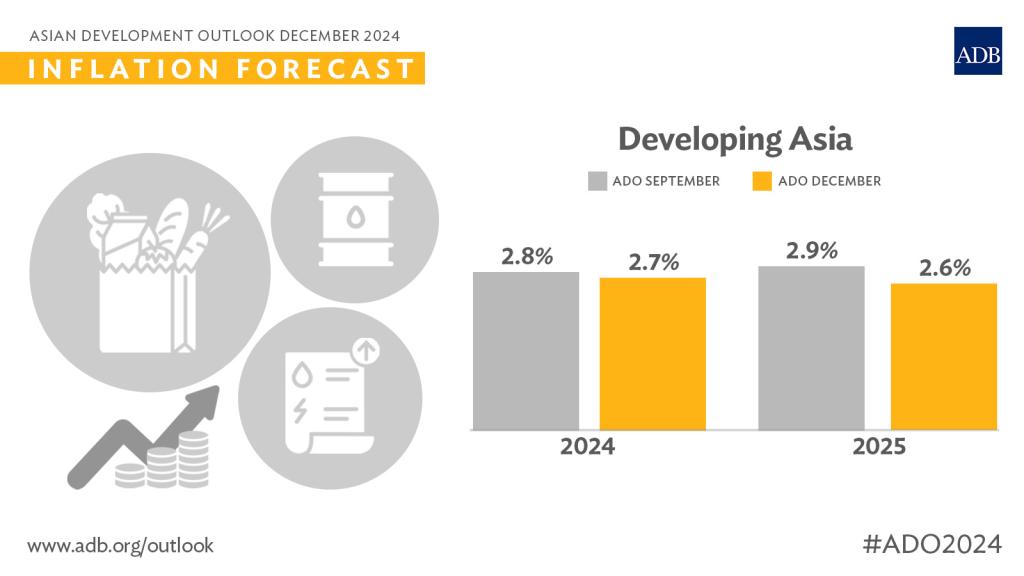China Signals a Shift to Proactive Fiscal Policy for Economic Stability
China's Ministry of Finance has announced plans to implement a more proactive fiscal policy in 2025, marking a notable shift in its macroeconomic strategy to support economic recovery and sustainable growth. The decision, which emerged following the Central Economic Work Conference, highlights Beijing's focus on targeted fiscal measures to address structural challenges and stimulate domestic demand.
////
Key Policy Shifts and Strategic Focus
ONE

The policy adjustments will involve an increased fiscal deficit ratio, issuance of ultra-long-term special treasury bonds, and expansion of local government special bonds. These measures aim to finance critical infrastructure projects and strengthen social welfare systems, reflecting a balance between growth stimulus and long-term economic resilience.
China's leadership emphasized the need for "greater force" in fiscal efforts to ensure policies remain effective in stabilizing expectations and driving economic momentum. Notably, the upcoming National People's Congress (NPC) and Chinese People's Political Consultative Conference (CPPCC) sessions in 2025 are expected to deliver detailed implementation plans.
////
Supporting Domestic Demand and
Social Welfare
TWO
A key pillar of the strategy is boosting domestic consumption, seen as essential for long-term growth. Planned fiscal measures include increased funding for pensions, healthcare subsidies, and social safety nets, ensuring equitable access to essential services while improving quality of life for vulnerable populations. The Ministry of Finance also emphasized enhancing retirement pensions and expanding medical coverage standards for both urban and rural residents.
To address structural gaps, local governments will receive expanded financial autonomy through increased issuance of special-purpose bonds. These funds are earmarked for projects tied to urbanization, rural revitalization, and public infrastructure, promoting inclusive economic development.
////
Market Opportunities for Foreign Investors
THREE
The shift toward proactive fiscal policies creates opportunities for international stakeholders, particularly in infrastructure, healthcare, and financial services sectors. The emphasis on financing large-scale projects through bonds and innovative funding models could attract foreign investment in China's bond markets and eldercare industries.
Additionally, China's focus on strengthening domestic demand opens avenues for multinational companies to tap into consumer markets in urban and rural areas. Sectors such as sustainable energy, technology, and urban development are poised to benefit from increased fiscal spending.
////
Navigating Economic Uncertainties
FOUR
Han Wenxiu, Executive Deputy Director of the Office of the Central Committee for Financial and Economic Affairs, underscored that these policy measures are designed to mitigate economic uncertainties and maintain steady growth amid global challenges. By expanding fiscal spending and adopting targeted monetary policies, China aims to provide consistent economic support without compromising financial stability.
As China prepares for its annual legislative sessions, global investors and analysts will closely watch the rollout of these fiscal measures. The policy shift underscores Beijing's commitment to ensuring macroeconomic stability while laying the groundwork for long-term, sustainable growth.






















































First, please LoginComment After ~